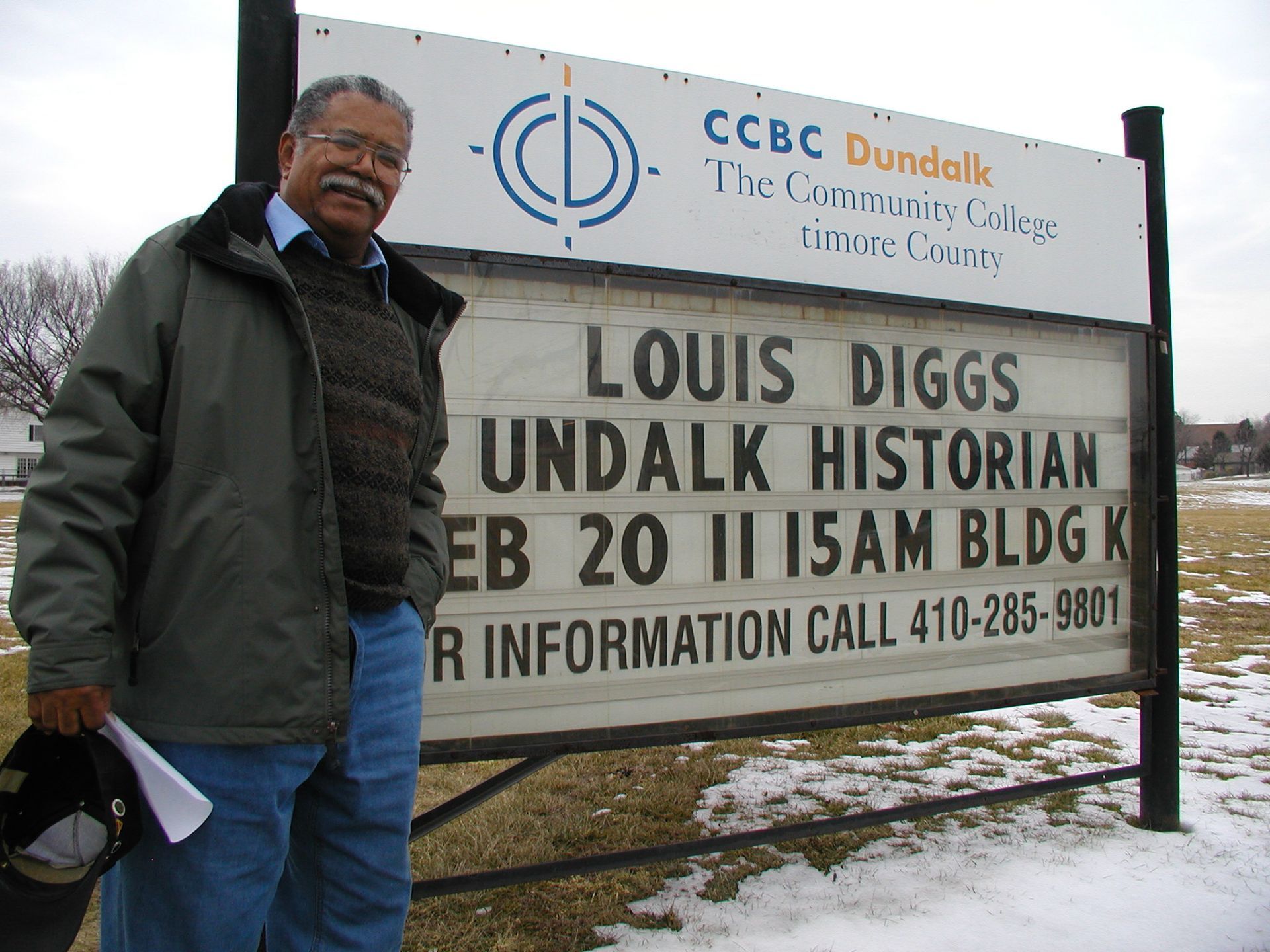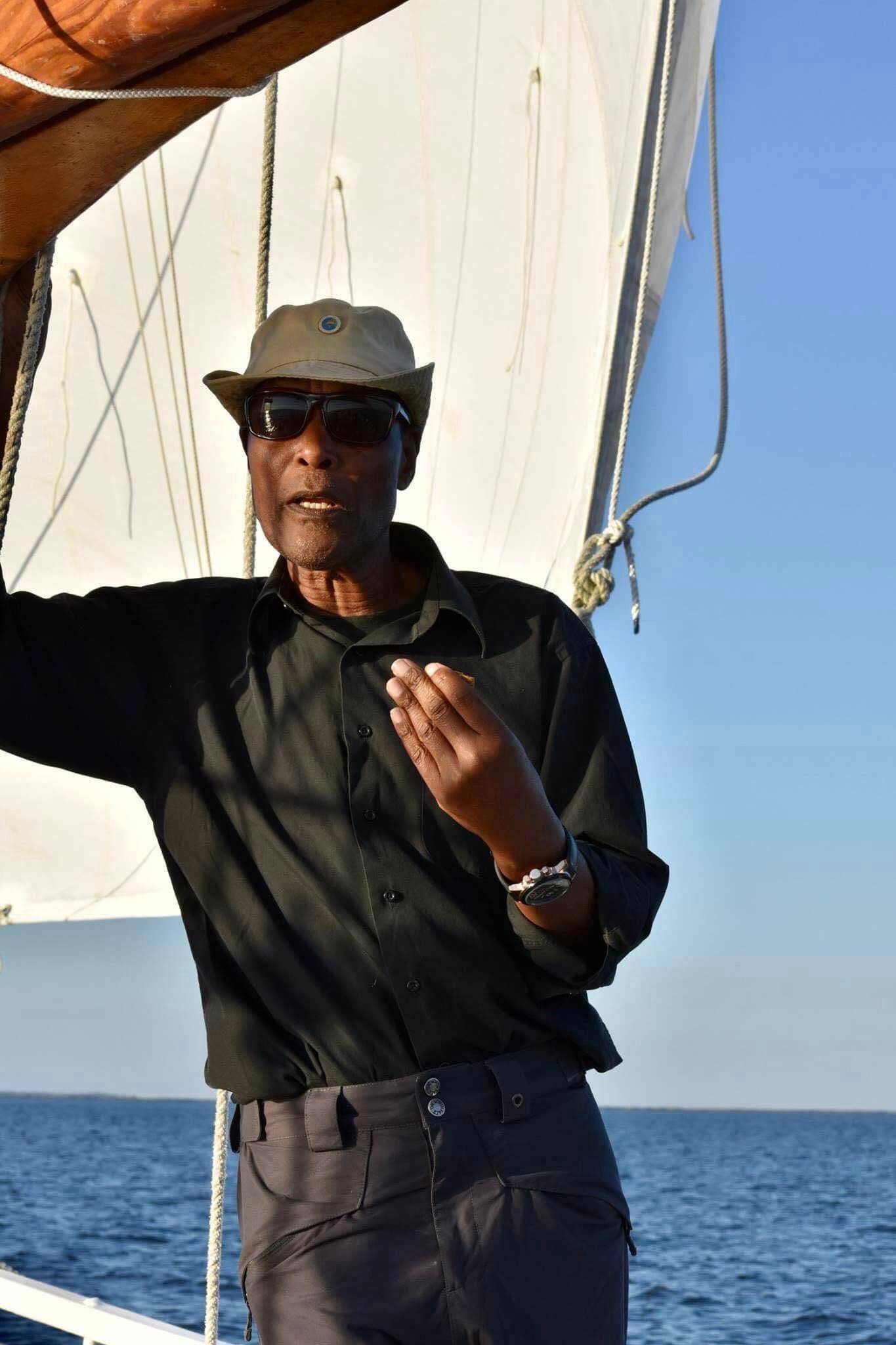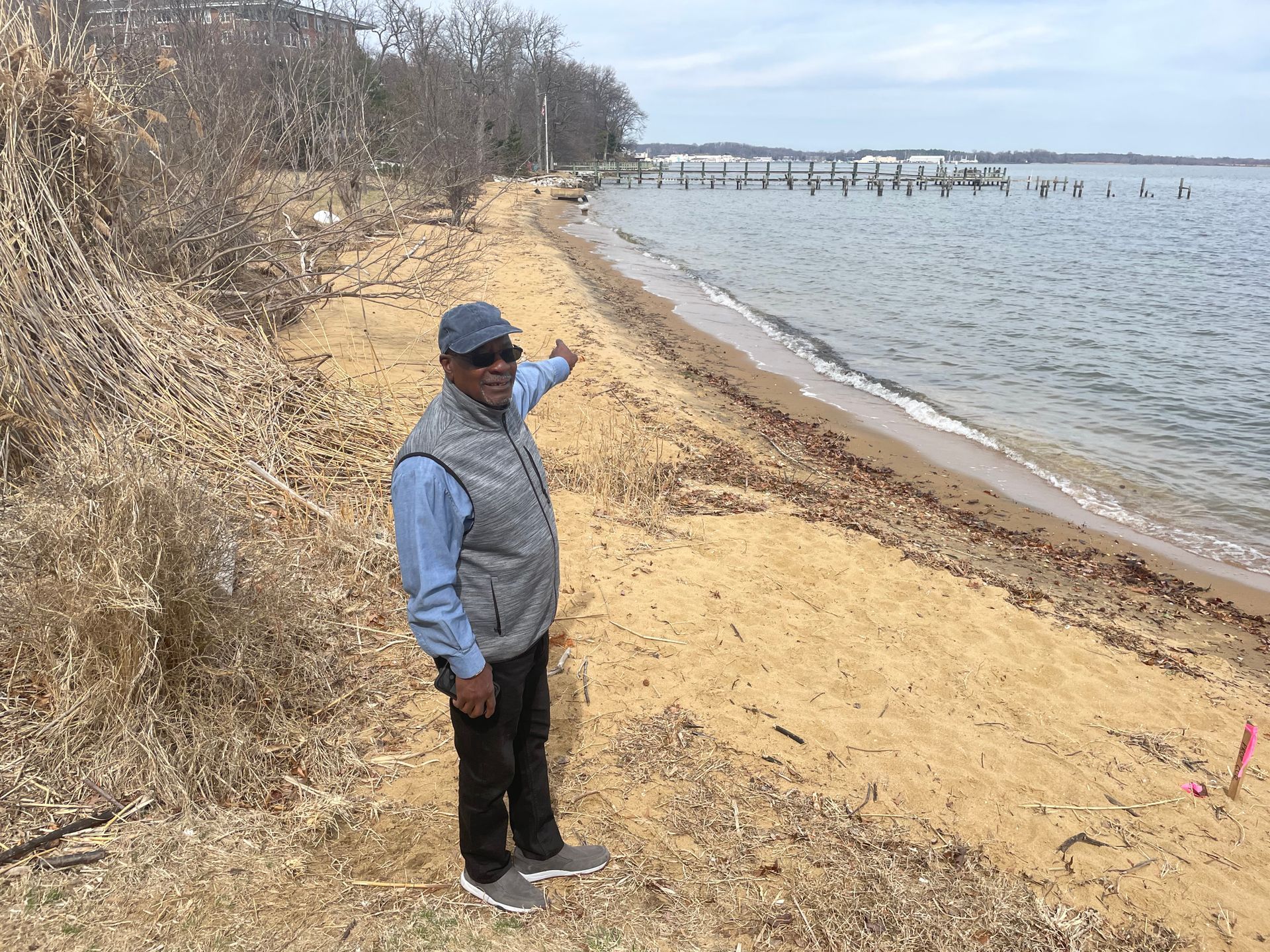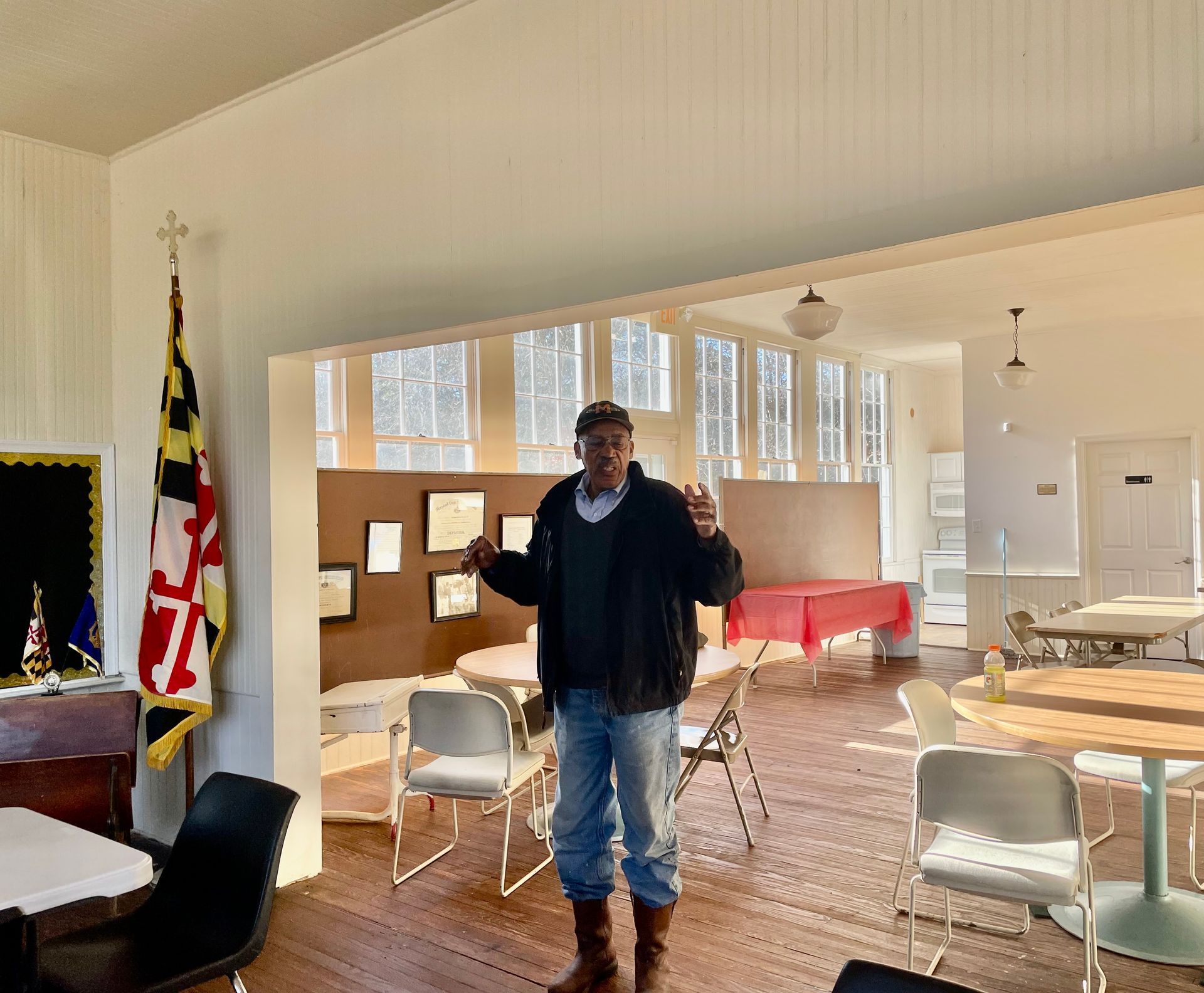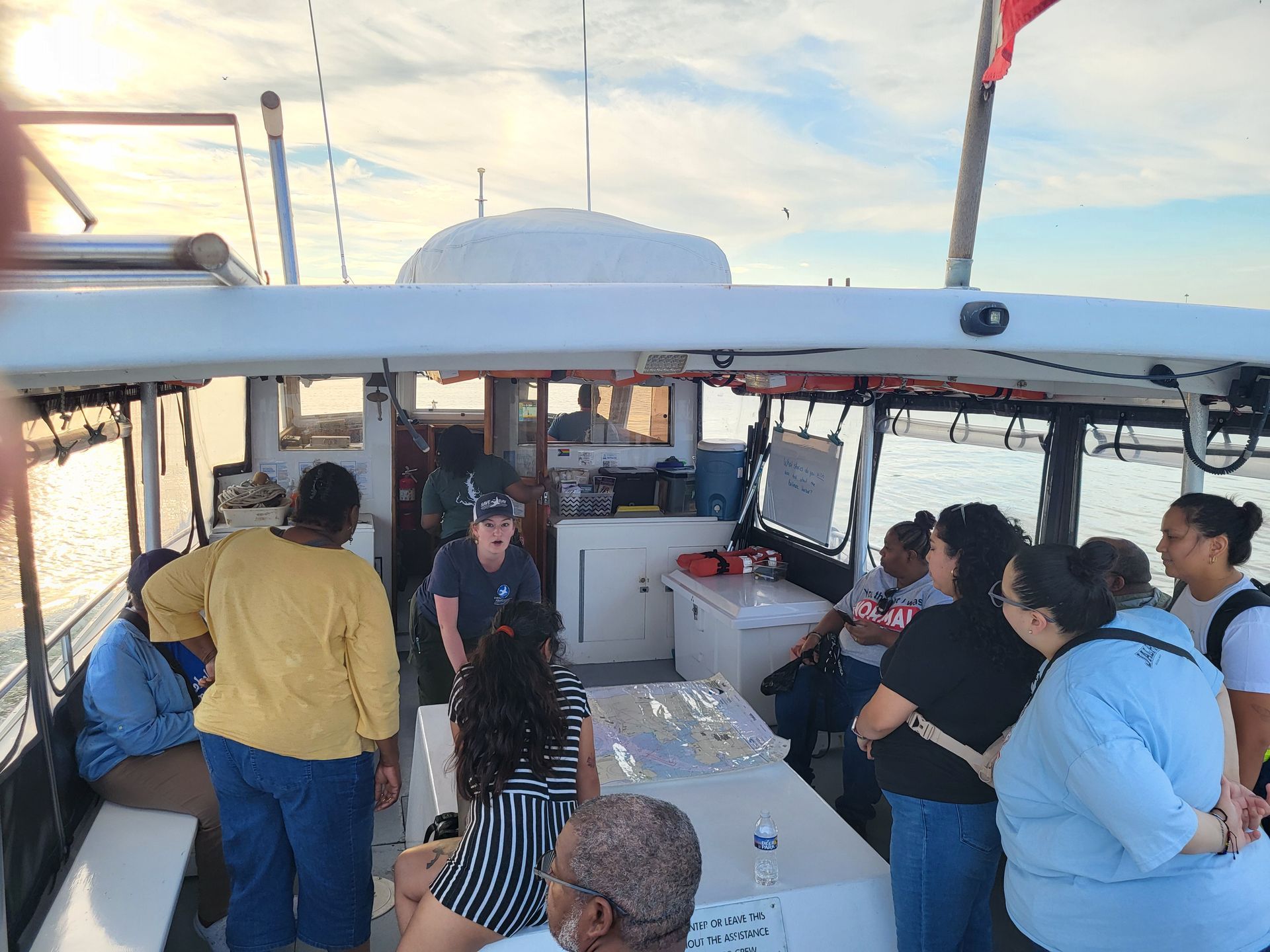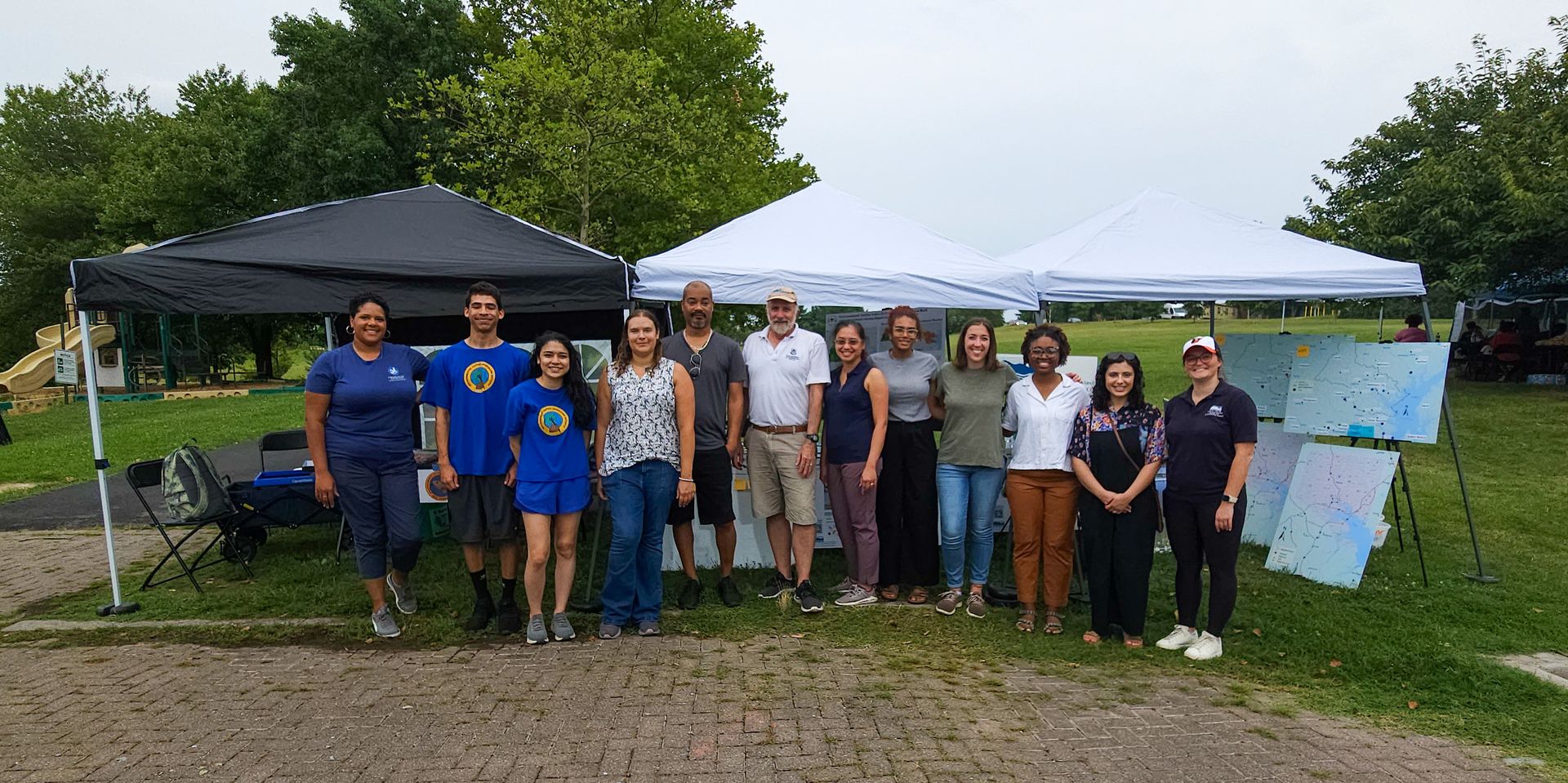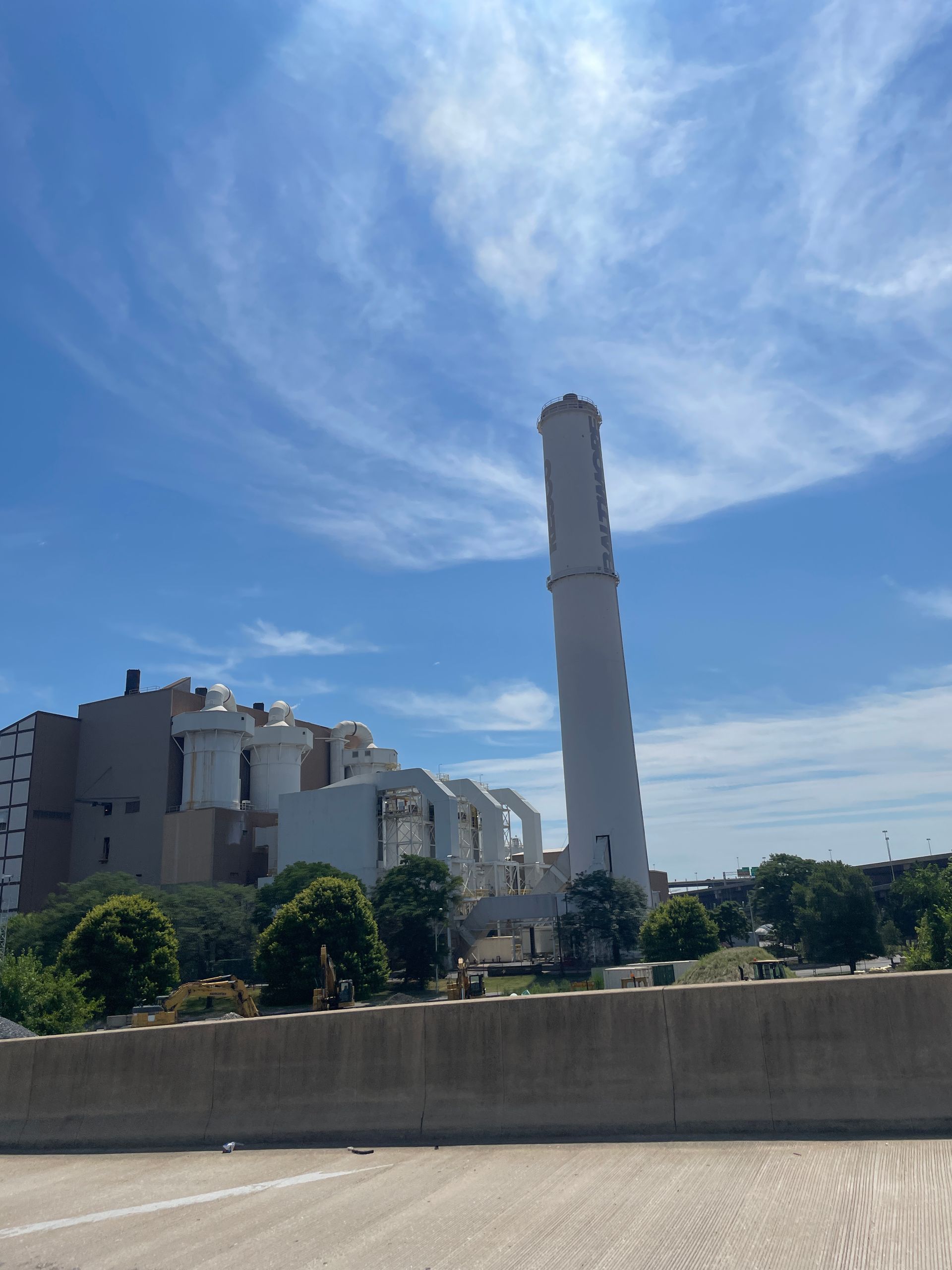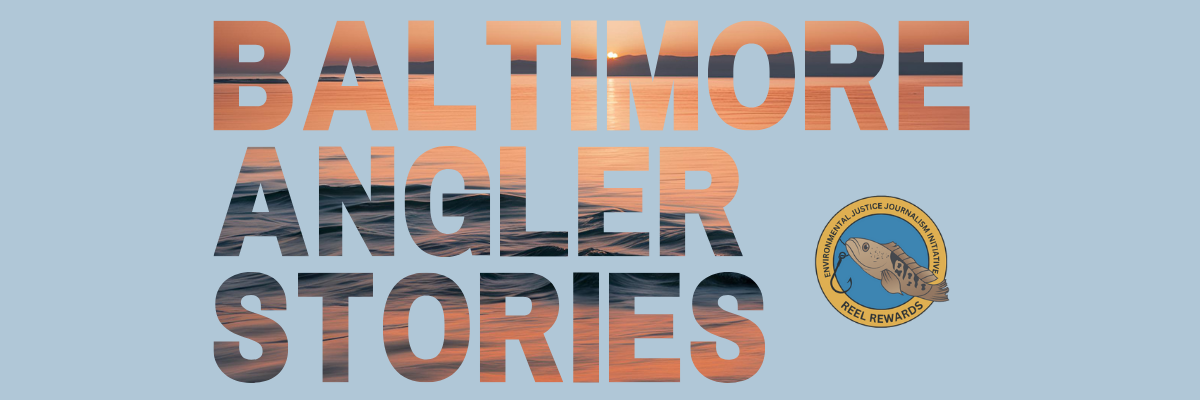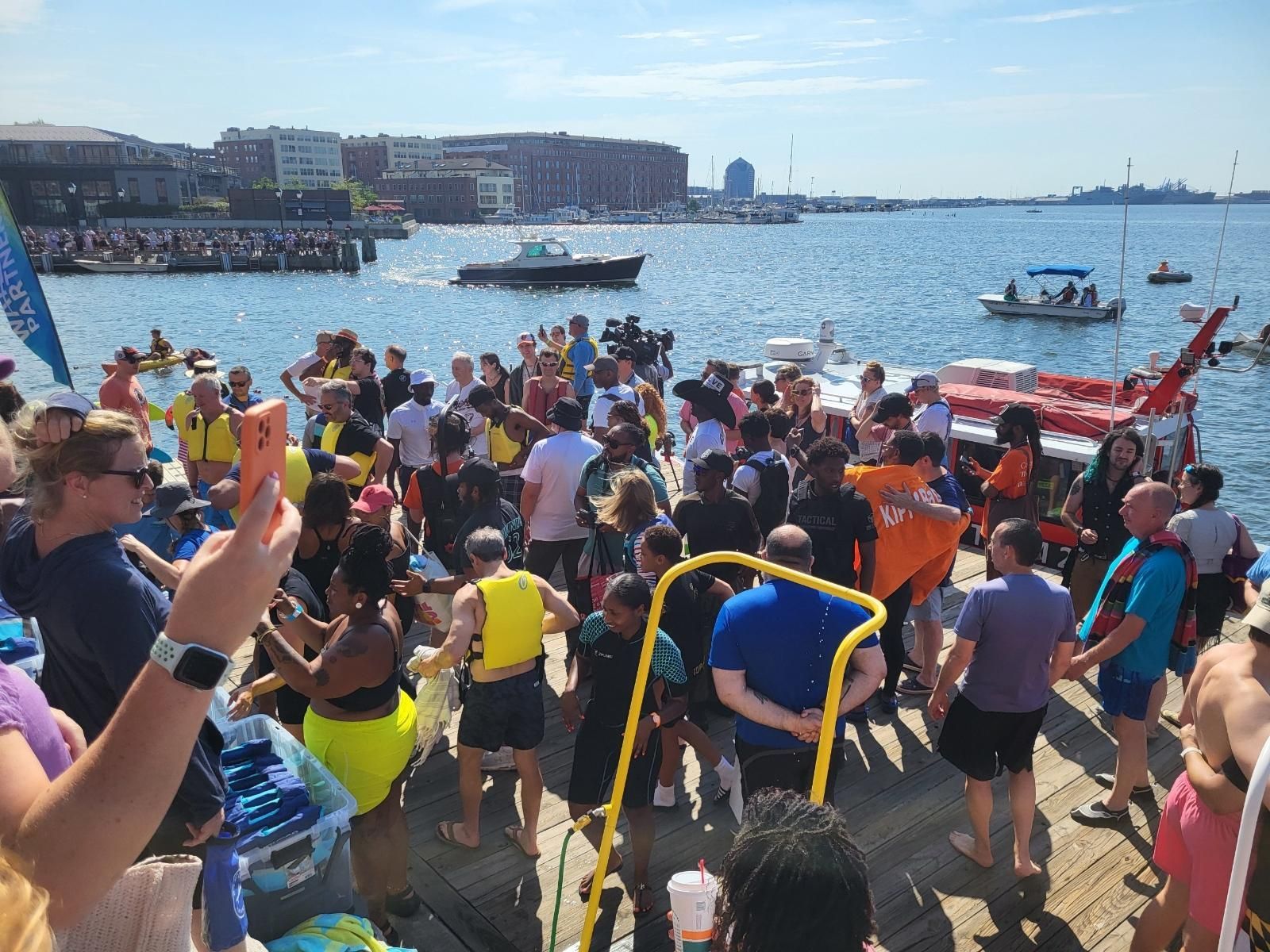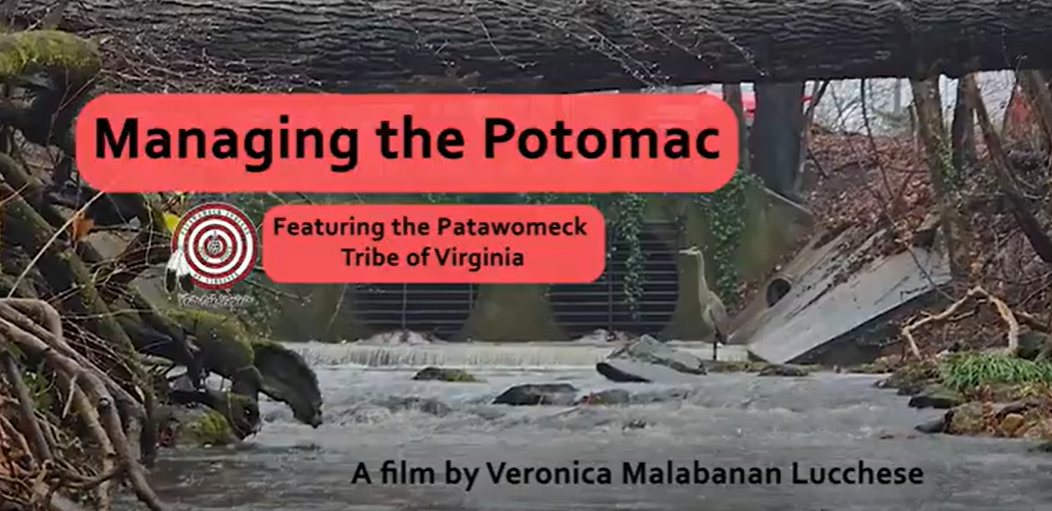Losing History
Community historian Louis Diggs stands in front of a sign promoting one of his talks. After Diggs died last year, many colleagues said he was irreplaceable.
Photo: Bill Barry
James Lane talks to a group aboard a skipjack on the Eastern Shore.
Photo: Carrie Samis.
Vince Leggett, Admiral of the Chesapeake and founder of Blacks of the Chesapeake, checks out Elktonia Beach, a historic Black resort he helped preserve.
Photo: Rona Kobell
San Domingo community historian Newell Quinton talks about his efforts to restore his boyhood school which was a Rosenwald school created by a joint venture between Booker T. Washington and Sears-Roebuck founder Julius Rosenwald.
Photo: Rona Kobell
Losing History
By Rona Kobell
I wrote this story for Louis Diggs and James Lane.
I never knew Mr. Diggs, and for that I am sorry. I had planned to contact him when EJJI contributor Sean Yoes and I mapped out a 10-episode podcast on Turner’s Station, a Black neighborhood in Eastern Baltimore County hard by the old Bethlehem Steel plant. We had planned to interview Mr. Diggs, a longtime chronicler of Baltimore County’s Black history, and I told Sean we’d better hurry. I never like to wait too long to talk to our very senior citizens. More than once, I hesitated, and lost the opportunity forever.
Alas, funding for the podcast did not come through, and we moved on to other projects. When I heard Mr. Diggs
died of heart failure at age 90, I was so disappointed we didn’t just go talk to him regardless of funding. I am sure it would have been a life-changing experience for us, and given us so many story ideas. Mr. Diggs’ legacy lives on in the dozen books he wrote; books that, had he not taken an interest, likely would not have been written.
James Lane I was lucky enough to know. I interviewed him for a story in 2014, about Black residents of Crisfield not getting their fair share of the time, attention and funds the city, state and federal government offered the community after Hurricane Sandy. That part of Crisfield seemed to have no official voice, so Mr. Lane spoke. Valiantly, he helped the community reverse course and help the Black residents who lost everything. Mr. Lane knew everything about the seafood history of Crisfield. I have no idea where he was educated or what he studied, but he was the kind of man that historian Vincent Leggett would call an “intellectual gangster.” He knew so much, and shared it, for the betterment of his community.
Both Mr. Lane and Mr. Diggs died recently, and many other Black historians are over the age of 70. We can’t look to the academy to replace them, owing to the way history is taught in doctoral programs and because so few students ever get accepted to them. And in many states, we can’t look to schools, which are stripping curriculums of unpleasant history.
So I wrote this story for James Lane and Louis Diggs, because they lived to share the stories – the happy times, the unpleasant ones, and the will to keep fighting for something better. I wrote it so we don’t forget about the truthtellers, the intellectual gangsters, and what they continue to give us every day.
